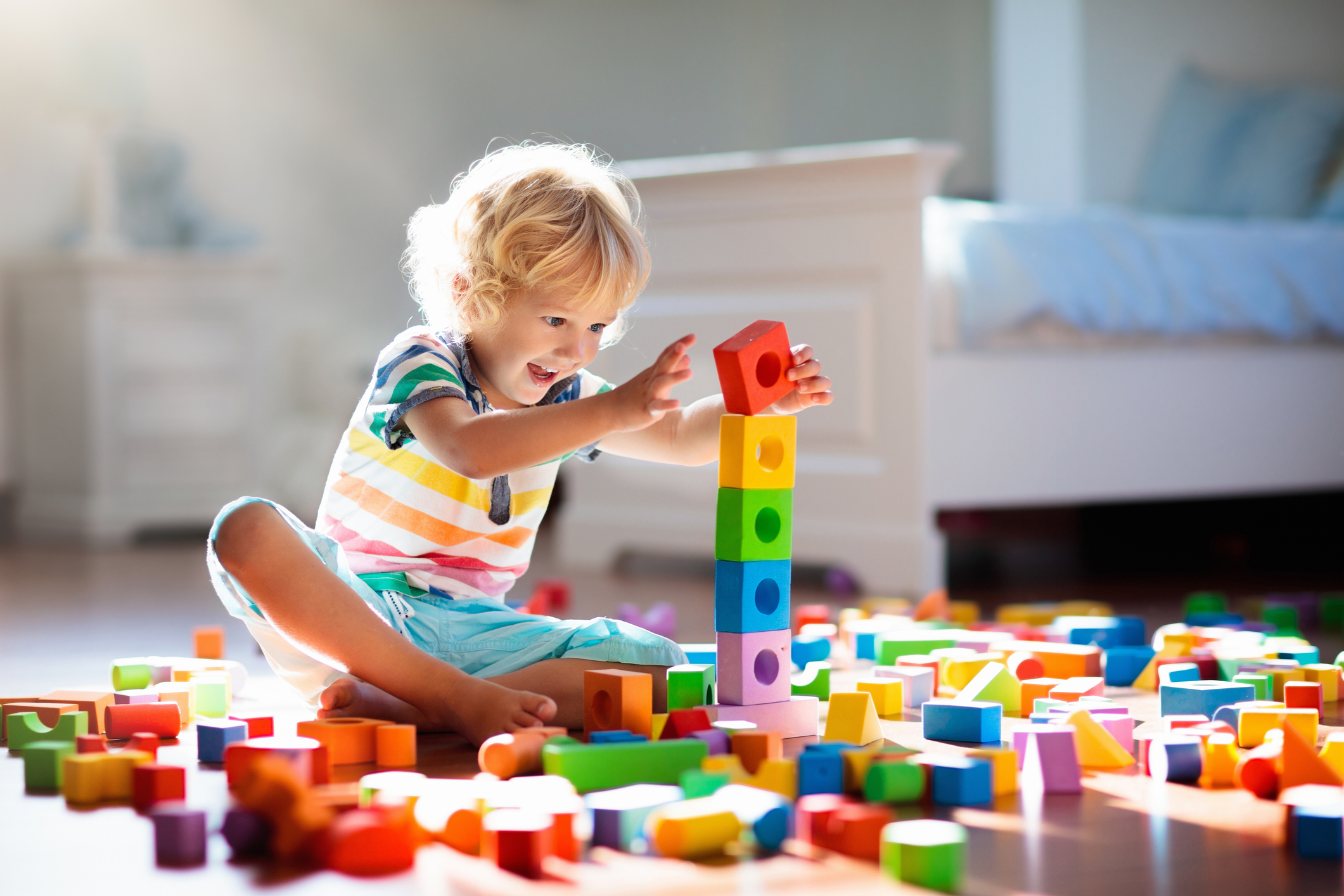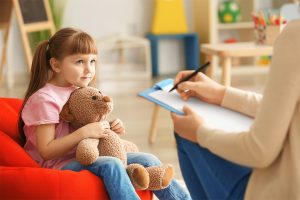The Power of Play Time

Many children are involved in increasingly rigorous academic programs. Parents who want their children to have a better life often focus intensely on academics and neglect play. Neglecting to prioritize play can have the opposite effect that parents want for their children. Without the benefits of play children can often develop maladaptive coping strategies to accomplishing their goals of achieving safety, security and belonging.
There are many quotes and sayings about the important role of play for a child’s developing brain. Jean Piaget a psychologist who studied the intellectual development of children said, “play is the work of childhood.” According to an article published in the American Academy of Pediatrics, play time serves many functions in cognitive development, emotional regulation, and the ability to form a secure bond with caregivers.
Cognitively, play promotes executive functioning by teaching the process of learning. Play teaches children to attend longer the activity they are engaged in and thereby increases the attention span. Play also teaches children to organize their thoughts, plan out what they are doing, hypothesize outcomes, explore cause and effect, and problem solving. Play promotes creativity, cognitive flexibility and builds self-esteem when children master the use of their toys, crafts, and projects.
Emotionally, play enhances the attachment of the child to their caregivers. Parents may not be comfortable playing with their children and may leave the child to entertain themselves with their toys. However, having a caregiver engage with their child is the critical part of social-emotional development. When children experience the cooperation of play with their caregiver and freedom to explore, they learn that it is safe to connect to others and to simply be present in the moment. Children who have a secure attachment with caregivers have better academic outcomes, emotional regulation skills, and exhibit pro social behaviors. Furthermore, children learn to manage their emotions during play. They learn what it is to be frustrated when the tower they want to build falls, or they accidentally cut off a part of their picture. Parents are right there to label that emotion and consequently teaching and normalizing emotions. Children learn how they want to respond in that situation and most times they choose to try again or work with what they have. Lastly, play relieves stress that children experience daily. Having the ability to let the stress out avoids a buildup of toxic stress that could lead to unwanted behaviors.
Play is such a powerful tool that it is used as a therapeutic treatment for aggressive, destructive, attention seeking, overactive, and defiant behavior. See below five tips to Harness the power of play time. Also see my blog on using PRIDE skills to teach pro social behaviors during play.
- Plan to spend 5-15 minutes engaging your child daily
- Play time should be around the same time every day
- Provide developmentally appropriate toys but let the child pick the activity
- Avoid having an agenda to teach anything during play time
- Avoid showing or helping your child learn to play
- Model various ways to interact with the toy and your child may choose to imitate you
- Avoid criticizing how they choose to play or asking too many questions
- Avoid using video games or other forms of technology during the play time
- Relax and have fun!



